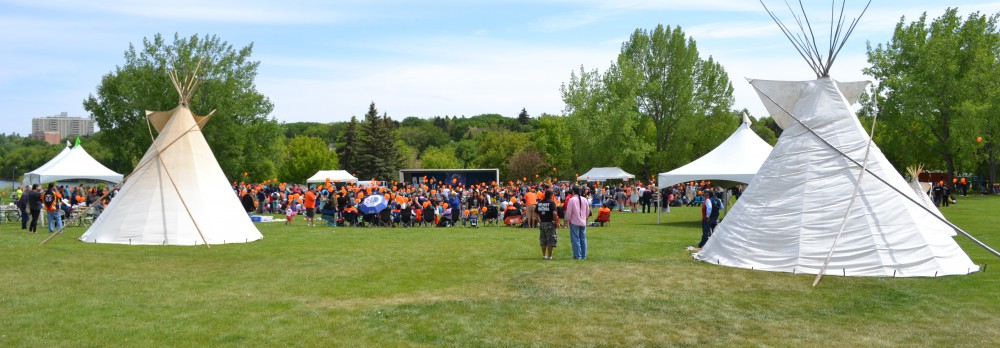A Restorative Justice reflection on the Confession of Faith in a Mennonite Perspective – Part 1: Truth
Wildwood Mennonite Church recently invited me to contribute a sermon to their series on the Confession of Faith Articles. The following blog posts are adapted from this sermon.
Introduction
The Confession of Faith in a Mennonite Perspective was created by two Mennonite groups in North America – the Mennonite Church and the General Conference Mennonite Church (these two groups have since joined to form Mennonite Church Canada / Mennonite Church USA). The confession of faith was adopted in 1995 to be used as a tool for guidance, discernment, unity, and instruction. The introduction encourages readers to “hold fast to the confession of our hope without wavering, for the One who has promised is faithful (Hebrews 10:23)”.
The following blog posts will reflect on:
- Article 20 – Truth
- Article 21 – Christian Stewardship
- Article 22 – Peace, justice & Non-resistance
- Article 23 – Church’s relation to Government and Society

Article 20 – Truth
The Truth Article in the Confession of Faith states “We commit ourselves to tell the truth, to give a simple yes or no, and to avoid swearing of oaths.” Here truth refers to where we put our allegiance and trust – which is with Christ. The commentary section of the of the article notes, “In the biblical languages truth is related to faithfulness – faithfulness to the facts and faithfulness in relationships. Speaking the truth in love in the Christian community shows our commitment to right relationships.”
My work in restorative justice allows me to walk alongside people who have been through difficult experiences, such as crime or conflict, as they search for healing and restoration. Often the healing process involves wrestling with the meaning of truth. People want to be able to name their experience and be heard. To be believed. And, at times, they want to hear truth and acknowledgment from other people involved.
However, telling the truth is rarely as straightforward as we might wish it to be. People often connect truth with honesty, revelation, clarity, and open accountability. Yet truth can look different depending on where we are standing, making it seem slippery and even unreliable. When truth stands alone it can feel hard and unyielding, and make us feel naked, vulnerable, and unworthy. Truth needs to be accompanied with mercy, compassion, love.
 I work closely with The Micah Mission, an organization in Saskatoon which coordinates prison visitations and support groups for people coming out of correctional centres. In a recent newsletter a staff member shared about his mother’s experience with a restorative justice process. Some years ago, Peter’s mother had been assaulted during a home invasion leaving her feeling traumatized. After a process of individual meetings with facilitators Peter, his mother, and the man who had assaulted her met together. This is how Peter described the experience:
I work closely with The Micah Mission, an organization in Saskatoon which coordinates prison visitations and support groups for people coming out of correctional centres. In a recent newsletter a staff member shared about his mother’s experience with a restorative justice process. Some years ago, Peter’s mother had been assaulted during a home invasion leaving her feeling traumatized. After a process of individual meetings with facilitators Peter, his mother, and the man who had assaulted her met together. This is how Peter described the experience:
“The emphasis here was on how we felt and on communicating the harm that had been done. This is essential to healing and transformation. The man who committed the crime can never turn the clock back and remove the offence but encountering him in his humanity helped us to see that the attack was not the work of a cruel, indifferent person. There is some peace in knowing that he cares about the harm he has done.”
In this encounter of people sharing their truth we can see its power. By committing ourselves to tell the truth and doing this with trust in God and with love for others we enter the space of right relationship.
Read more about Peter’s story here.
Heather Peters // MCCS Restorative Justice Coordinator
